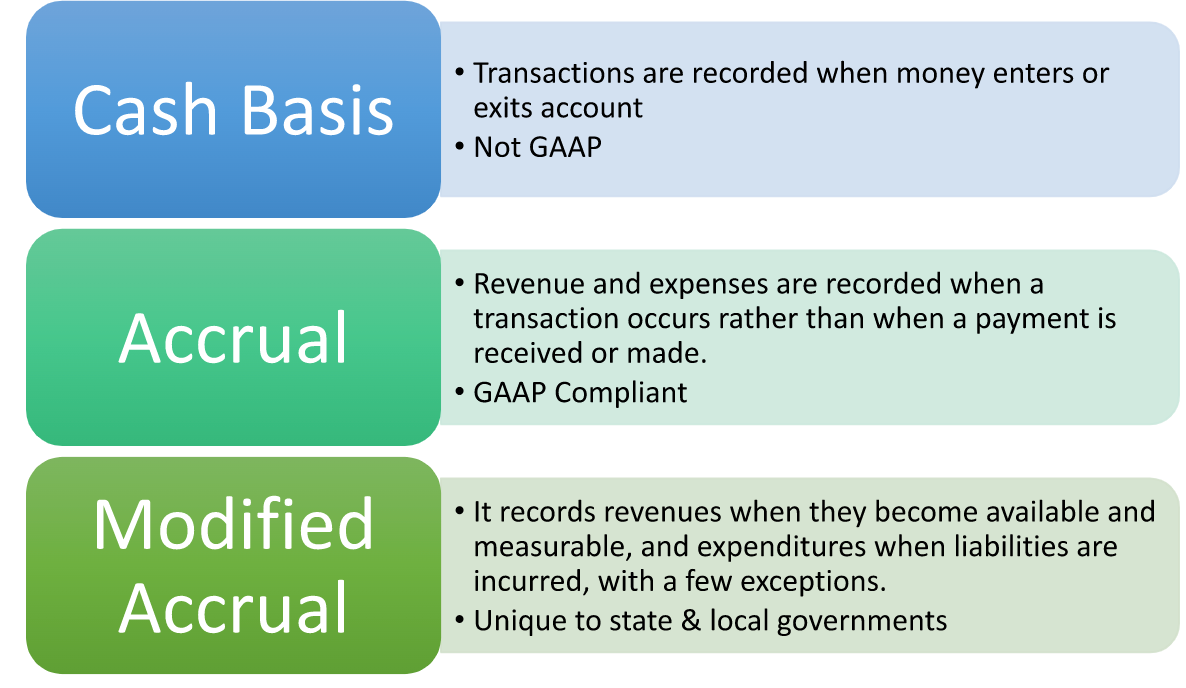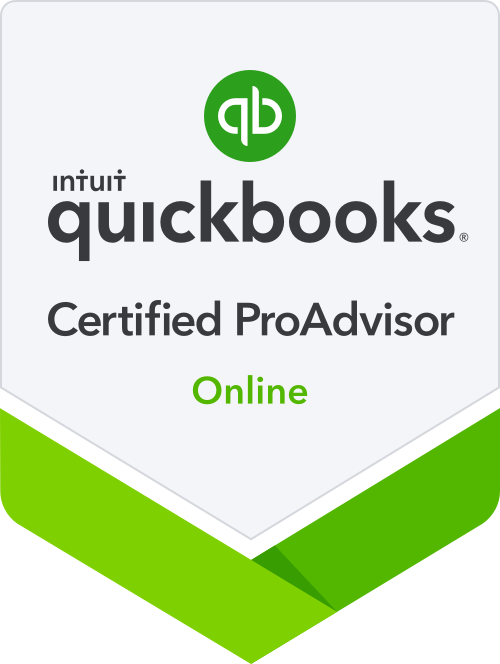The Power of Financial Planning: A Secured and Prosperous Tomorrow
Whether you’re an investor, a small-business owner, or a management company, understanding the principles of financial planning is the key to unlocking a future of economic stability and achievement. Educating oneself about finance empowers business owners to make informed decisions, avoid pitfalls, and take control of their financial flow.
This systematic way of managing your finances covers your expenses, plans, and any unforeseen events and offers long-term benefits.

Benefits of Financial Planning for Businesses:
- Helps prioritize your short-term and long-term goals
- Helps identify your financial stressors
- Helps you keep track of your finances
- Raises awareness of your income flow and expenses
- Promotes preparation for financial emergencies and risks
- Develops profitability enhancement
- Bolsters your business’s growth
Creating a financial plan involves a series of strategic steps. Setting clear, measurable goals—both short-term and long-term—is the foundational step.
How to create a financial plan for your business?
- Define your goals.
- Set short-term and long-term goals such as increasing revenue, expanding operations, or launching new products/services.
- Ask yourself what you want to achieve and do for your business.
- Track your finances.
- Review financial statements such as balance sheets, income statements, and cash flow statements to understand your business’s financial performance.
- Allocate funds for various operational expenses, including rent, utilities, payroll, marketing, inventory, and taxes.
- Explore funding options such as loans, lines of credit, or venture capital.
- Plan for contingencies
- Anticipate potential risks and challenges that could impact your business’s financial stability.
- Develop contingency plans and reserves to mitigate financial risks, such as economic downturns, supply chain disruptions, or unexpected expenses.
- Invest in Growth Opportunities
- Consider investing in marketing, technology, product development, or employee training to drive business growth and competitiveness.
- Allocate resources towards strategic growth initiatives that align with your business goals and market opportunities.
- Regularly review your financial plan to assess performance against goals and make necessary adjustments.
- Seek Professional Advice
- Consider consulting with financial advisors, accountants, or business consultants for expert guidance on financial planning, budgeting, and strategic decision-making.
- Leverage their expertise to optimize your financial plan and maximize your business’s financial health and success.
A carefully thought-out financial plan serves as the road map for reaching any financial objective, be it saving money, investing in opportunities, or upgrading your business. Most importantly, it gives big or small business owners the fortitude and financial readiness they need to deal with unforeseen obstacles.
Having expert guidance from financial advisors, accountants, or business consultants will help you navigate financial complexities. The knowledge gained through understanding business finances empowers every owner to navigate, make informed decisions, and stay on course toward their business goals.
Overall, financial planning is not a one-size-fits-all endeavor; rather, it’s a business-specific roadmap to unlocking a future of economic stability and achievement. As you start on your business financial planning journey, remember that each step forward is a stride towards a more secure and prosperous tomorrow.











